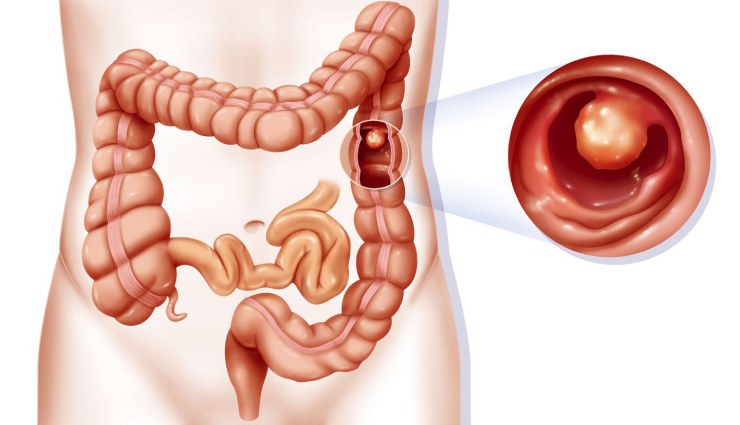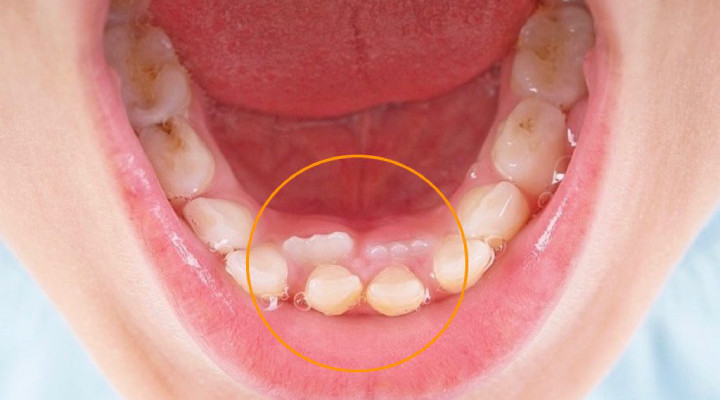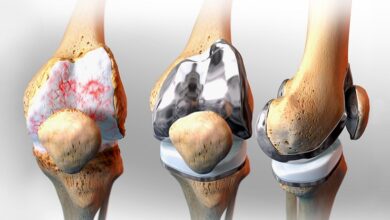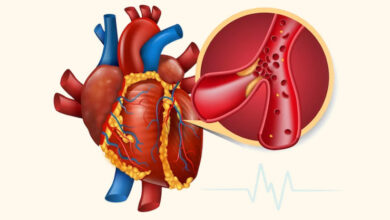
Gardner syndrome is a rare genetic disorder. People with this disease have hundreds of colon (colon) polyps that may lead to colon cancer. These people usually have extra teeth and non-cancerous tumors in the bones and intestines and on the skin. In this article, we explain more about the causes and symptoms of Gardner’s syndrome and the ways to diagnose and treat it. Stay with us until the end of the article.
What is Gardner syndrome?
Gardner syndrome is a rare inherited disorder and is a subset of familial adenomatous polyposis. Every affected person has at least one biological parent who is affected by this disease. People with this syndrome usually have abnormal growths in their bodies, such as eye lesions in the retina and hundreds of colon polyps that may turn into colon cancer. They may also have non-cancerous tumors in their bones, intestines, skin, and other soft tissues. These people are exposed to various diseases, such as cancer.
Cause of Gardner’s syndrome
Gardner syndrome is a genetic disorder in people with an abnormal APC gene. This gene, which is a tumor suppressor gene, regulates cell growth and prevents rapid cell division. Most people with Gardner syndrome have at least one biological parent with the disease.
In some cases, this syndrome is caused by a genetic mutation. That is, none of the patient’s parents have Gardner’s syndrome, and there is no family history of the disease.
Symptoms of Gardner syndrome
The symptoms of Gardner syndrome change over time and may appear from childhood, including:
- Non-cancerous tumors in bone and soft tissues;
- Dental problems such as having extra teeth.
Multiple colon polyps are a common symptom of Gardner’s syndrome. Of course, this symptom may not appear until adolescence and the disease progresses.
Diseases related to Gardner’s syndrome
People with Gardner syndrome are more likely to develop other diseases than other people. Some of these complications include:
- extra teeth;
- osteoma;
- Desmoid tumor;
- lipoma;
- fibroid;
- adenoma;
- Epithelial cysts (cysts under the skin);
- Congenital hypertrophy of retinal pigment epithelium (CHRPE) affecting the retina;
- gastric cancer;
- liver cancer ;
- colon cancer;
- Thyroid cancer;
- Endocrine cancer.
Diagnosis of Gardner syndrome
This disease has various symptoms. The doctor can diagnose the disease according to some symptoms, including:
- At least 100 polyps in the colon;
- family history of this syndrome;
- Cyst, fibroma, and desmoid tumor in soft tissue.
Your doctor may use a variety of tests to diagnose Gardner syndrome, including:
- Genetic tests to detect mutations in the APC gene. If people close to your family have this disease, your doctor may prescribe a genetic test.
- Sigmoidoscopy.
- Endoscopy.
- colonoscopy
The diagnosis of Gardner’s syndrome is usually made at a young age of about 25 years, that is when the polyps are formed.
Symptoms of colon polyps
- rectal bleeding;
- Anemia without a specific reason;
- Unreasonable weight loss;
- Abdominal pain (in some cases).
Most people with polyps have no symptoms.
Treatment of Gardner syndrome
There is no definitive cure for Gardner’s syndrome. Still, there are measures to control the disease that depend on the symptoms of the affected person, including:
- annual evaluations such as thyroid evaluation;
- consumption of healthy foods;
- Reducing stress ;
- Exercise;
- taking non-steroidal anti-inflammatory drugs such as Salindac;
- COX-2 inhibitor used to reduce polyp growth;
- Removing extra teeth and aligning teeth;
- chemotherapy to shrink a desmoid tumor or prevent the growth of non-cancerous tumors;
- performing regular cancer screening tests ;
- Using surgical methods to remove large polyps.
There are two types of surgical procedures, including:
- Colectomy to remove part or all of the colon. The doctor may suggest this procedure if the test shows 20 to 30 polyps.
- Proctocolectomy to remove the colon and most of the rectum.
Prevention of Gardner syndrome
Gardner syndrome is a genetic condition that cannot be prevented. Still, specific cancer screening tests and interventions, such as certain surgeries, may reduce the chance of developing colon cancer and other related cancers. Talk to your doctor about appropriate screening tests if you have Gardner syndrome.
Living with Gardner syndrome
You can live with this syndrome, but surgery for this condition may change your lifestyle. Colectomy changes the way food moves through the digestive tract. Some types of colectomy affect the way of bathing. If you have a proctocolectomy, a new path for stool is created.
Life expectancy of affected people
Gardner’s syndrome causes various problems, some of which are more serious and untreated; Gardner’s syndrome may cause colon cancer and shorten the patient’s life. Surgery to remove colon polyps may reduce the risk of colon cancer. According to research, all people who undergo proctocolectomy can survive up to 5 years after diagnosis.
self-care
If you have Gardner syndrome, you need to know that you can get colon cancer even when you are young. Regular cancer screening tests and treatment reduce the chance of developing cancer. You may also detect cancer in its early stages, which are easier to treat.
Living with Gardner syndrome is not easy. You may need regular screenings or treatment that changes your lifestyle. If you are concerned about this, talk to your doctor.
Time to see a doctor
See your doctor if you notice changes in your body that are like new symptoms of Gardner’s syndrome, such as a new lump or blood in your stool.
you say
How familiar are you with Gardner syndrome? Does anyone around you suffer from this disease? You can write about your experience and opinion in the comments section and share this article with your friends through social networks.








